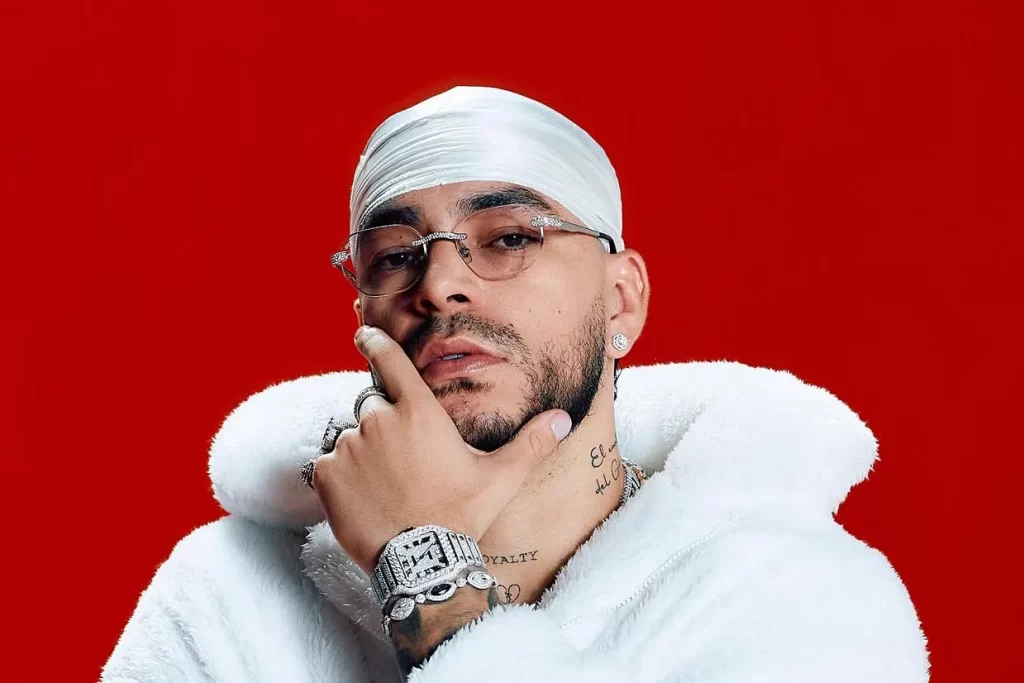
Ryan Castro’s journey to international music stardom is a testament to perseverance and a lifelong passion for music. Even as a 17-year-old in Medellín, Colombia, Castro was a determined young man. He took to the streets and buses, armed with a small stereo, joining the vibrant mix of vendors and performers in the city’s bustling tourist areas. For Castro, this wasn’t just a way to earn a living and support his family; it was also an investment in his dream, as he diligently saved his small earnings to one day record his own music. “I’ve always been set on what I wanted,” the now 30-year-old artist shared in a recent interview.
Today, a world away from those early performances, Castro reflects on his journey from his living room, adorned with platinum records for his global hit “Quema,” a collaboration with Peso Pluma. He expresses his gratitude for the opportunity to work with Peso Pluma, acknowledging him as a leading figure in Latin music. The reggaeton track not only soared onto the Billboard Hot 100 but also showcased a different facet of Peso Pluma’s artistry beyond his signature Mexican corridos.
Castro attributes the success of their collaboration to “the mutual respect and admiration we have for each other,” emphasizing this as a crucial element for any successful artistic partnership. Peso Pluma himself echoes this sentiment, admitting to being a long-time admirer of Castro’s work, even before his own career took off. He even sought out Castro in Colombia to deepen his understanding of reggaeton, highlighting the impact of Castro’s music on his own experiences.
Beyond his hit with Peso Pluma, Castro has built an impressive resume of collaborations with some of the biggest names in música urbana. He featured on Feid’s 2021 track “Monastery,” was invited by Karol G to open her Bichota Reloaded Tour in Medellín in 2021, shared the stage with J Balvin at the 2022 MTV VMAs, and recently teamed up with Maluma for a track on his 2023 album “Don Juan.” This incredible trajectory marks a significant departure from his days as a busking teenager. However, Castro remains grounded, emphasizing that every part of his past continues to shape his art and career. “I want to carry it forever so I don’t forget where I come from,” he states.
His upcoming debut album, “El Cantante del Ghetto,” is deeply inspired by his upbringing in Pedregal, his humble neighborhood. He describes the album as an ode to the community that first supported him. “They were my first fans, the first people who listened to me and I will always carry them in my heart,” he says. The album builds upon the success of his 2021 international merengue hit “Mujeriego” and his subsequent EPs, “Reggaetonera” and “Los Piratas,” both released the following year. While his core strength lies in classic reggaeton reminiscent of the early 2000s, characterized by infectious percussion and signature airhorns, Castro is not afraid to experiment. “El Cantante del Ghetto” promises a fusion of dancehall, rap, reggaeton, and other genres that have influenced him.
Born Bryan Castro Sosa, he was raised in Medellín by his mother’s cousins and the close-knit community of his neighborhood. From a young age, he harbored dreams of becoming an artist. With the support of his friends from his barrio, Castro channeled his energy into creativity, providing an alternative to the prevalent crime in his city. He acknowledges the temptations he faced, hinting at the drug trade that dominated Medellín for decades.
However, by the age of 13, Castro found himself drawn to the stories of artists who had risen from similar circumstances, particularly through biopics like Eminem’s “8 Mile” and 50 Cent’s “Get Rich or Die Tryin’.” He identified with their journeys of escaping poverty through music. “Instead of picking up a gun, they picked up a pen to write,” he reflects. Inspired, Castro began writing his own songs and sharing them on YouTube.
A pivotal moment came a few years after he started busking when Castro moved to Curaçao to live with his mother. This experience exposed him to new musical styles and cultures, including danzón and kizomba, which subtly influenced his songwriting. In 2017, his tropical love song “Morena” went viral in Colombia, marking a turning point in his career and earning him a dedicated fanbase in his homeland. “I returned to Medellín from Curaçao and then I was already ‘a bit famous,'” he recalls with a laugh.
Castro readily acknowledges the Colombian artists who paved the way for his success, particularly those from his native Medellín, including J Balvin, Karol G, Maluma, Feid, and Blessd. “They made a path for us,” he says, recognizing their role in establishing Colombia as a global force in urban music. “For us new Colombian artists, we can say we’re from the same land as Balvin and the whole world knows.”
Looking ahead, Ryan Castro is focused on building a lasting legacy and continuing the tradition of supporting emerging talent in Colombia. “I want to work with the new generation too so that the genre can continue in Colombia,” he affirms, demonstrating a commitment to the future of Colombian music. His journey from the streets of Medellín to the global stage is an inspiring story of ambition, resilience, and the transformative power of music.

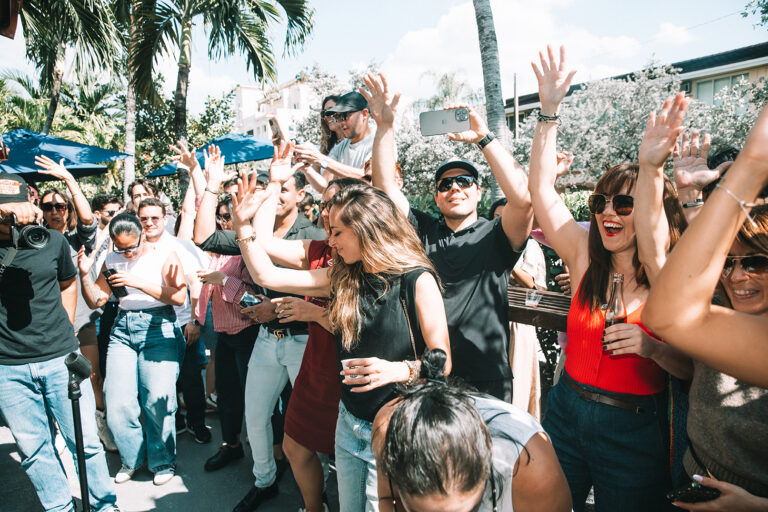
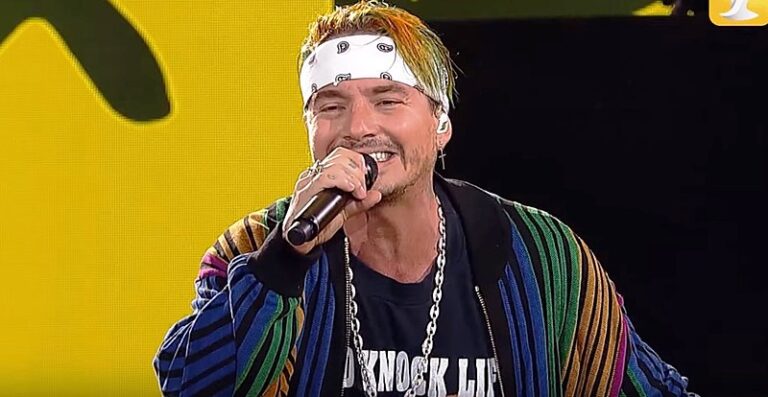
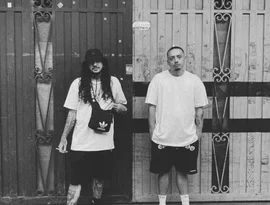
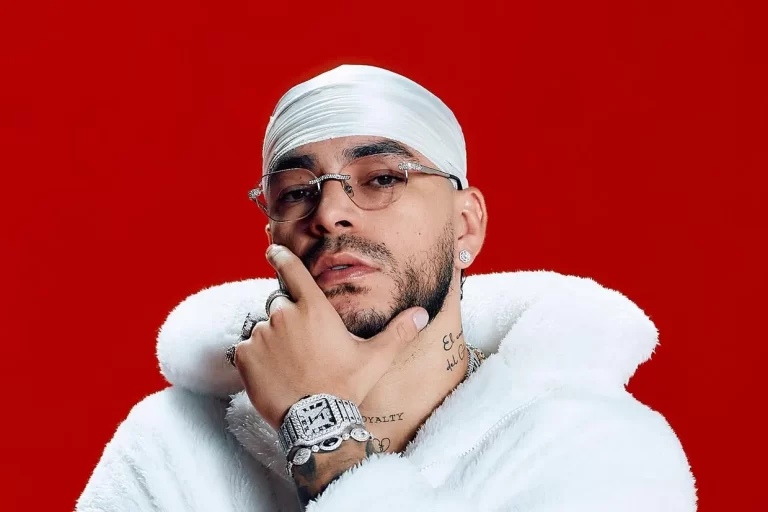
ok6dta